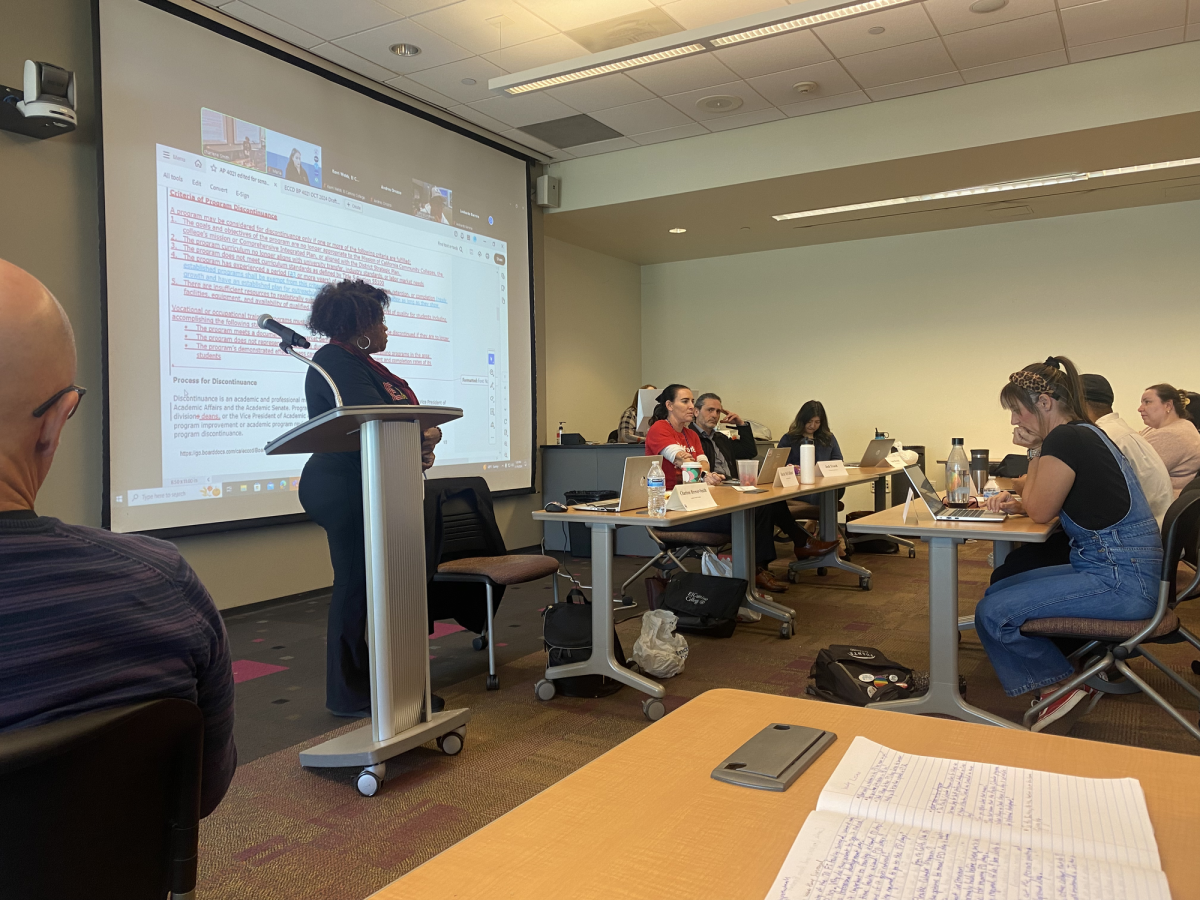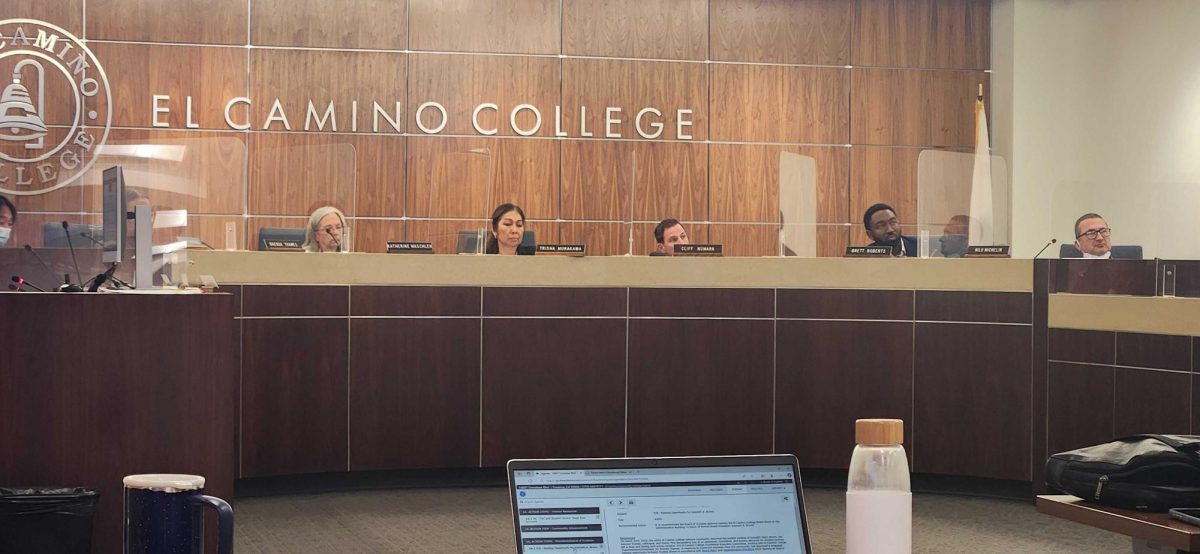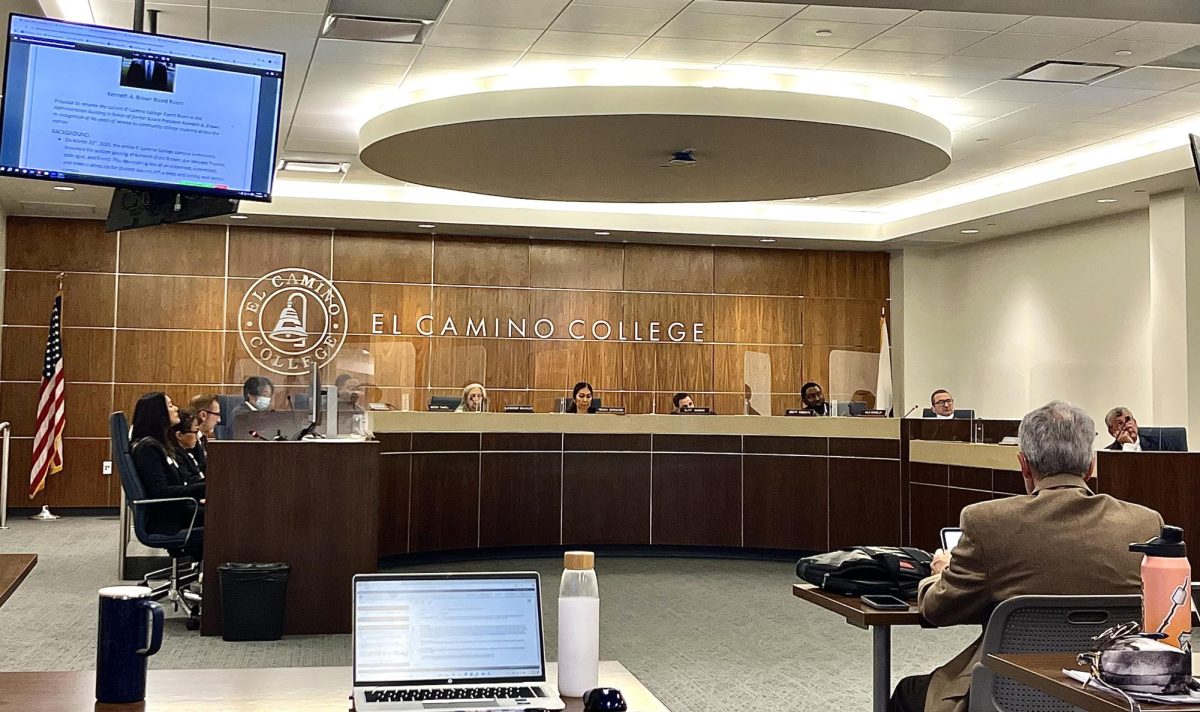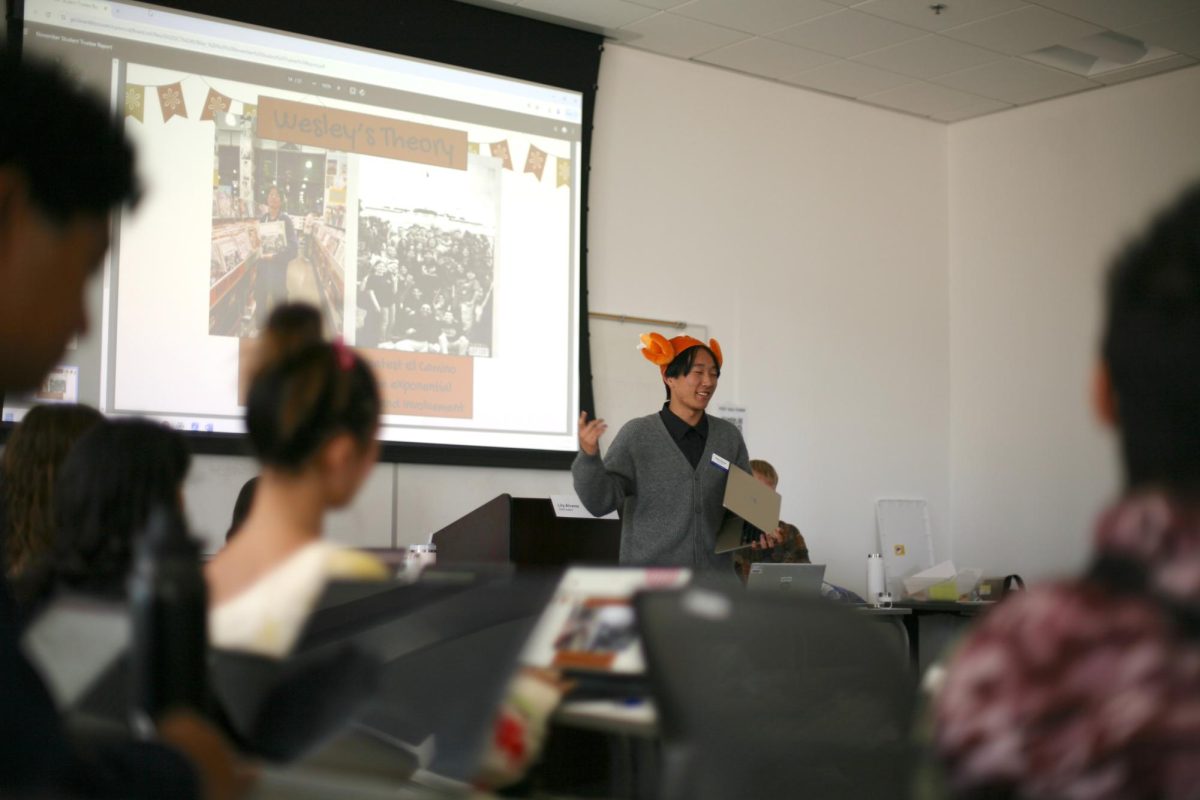To some, it may only be a scarf, but to others it is a symbol of their rights.
On Nov. 15, the Muslim Student Association will be giving students the opportunity to live one day in another person’s shoes, or in this case scarf, to know what it is like to wear a hijab on a day-to-day basis.
“Due to the media or misconceptions, people think that Muslim women don’t have as many rights as men or that we’re oppressed, hijab day will teach them about Muslim women’s rights,” Raissa Kahlil, 20, president of Muslim Students Association (MSA), said.
The whole point of the experiment is to help women understand the role of women in Islam, she added.
“As Muslim women, we’re given a lot of rights, Hijab Day is about understanding those rights and the importance of upholding those rights as men and women,” she said.
Students will be able to participate by coming by the MSA table on Nov. 15, from 10 a.m. to 2 p.m., Sabrina Farah, 20, vice president of MSA said.
“We will provide the scarves as well as show those who choose to participate how to wrap them and discuss the meanings and mannerisms behind wearing the hijab,” Kahlil said.
Wearing a hijab is a choice that many Muslim women choose to honor God and themselves as they grow to understand themselves as Muslim women.
Farrah said that the reason for wearing a hijab isn’t about the covering of their hair, but about manners.
“First it is to obey God, Allah told men and women to be modest,” Farah said. “Modesty isn’t about covering your hair or your chest area; it’s about how you interact with other people. I still have my character and my personality, I still am myself, but it has its time and place.”
Heelai Shinwari, member of MSA said that since she started wearing the scarf she feels that she represents other muslim women.
“If I act in a bad way, other people look bad because of me so I try and calm myself down,” Shinwari said.
Those who participate in Hijab Day will be encouraged to attend a MSA meeting to share their experiences with the members of MSA, Khalil said.
“People see us wearing the hijab but they may not know why we wear it. I think that some people may judge and if someone is put in our shoes they may think twice about something they say, do, or think,” Shinwari said.








